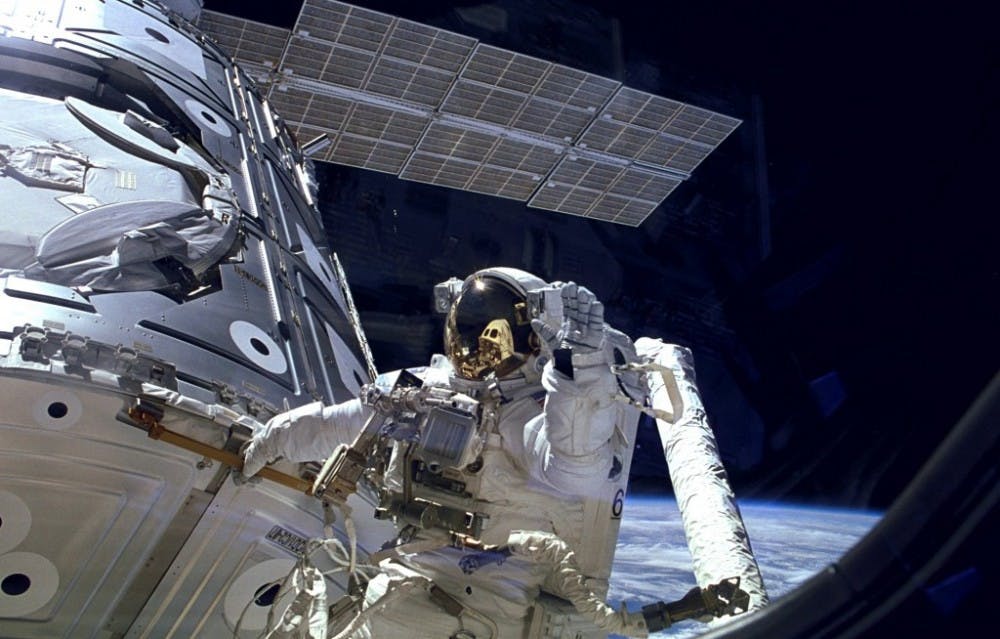Since humans began to walk the Earth, we have been explorers by necessity and by choice. Something within ourselves drives us to seek out new places and opportunities. Without this drive to explore, our world would be a very different place today.
Where would we be if Christopher Columbus felt content in Europe? What if Thomas Edison was happy with the amount of light candles emitted? What if Mark Zuckerberg never founded Facebook? Well, society could probably live without that last example. In all seriousness, the urge to explore is as natural as breathing.
Every time I watch Congress struggle with seemingly endless budget talks, it is bewildering why NASA is always on the chopping block. Of all the parts that make up the budget, I fail to understand how cutting NASA, which currently makes up a mere .5 percent of the budget, will somehow promote “fiscal accountability.”
Since its inception in 1958, NASA has worked to explore the last frontier – space. Its motto, “For the benefit of us all,” serves as a reminder that the work done at NASA is not only essential to our nation, but to the entire world. As a direct result of research made possible through manned space flight, the organization has given society many technological advances. Some developments include advanced satellite communication, space blankets, scratch-resistant glasses, aircraft anti-icing systems, fire resistant technology, temper foam (which is commercially used in mattresses) and water filters.
The diligent work of NASA scientists and astronauts has led to advances in medical technology as well, including artificial heart pumps and limbs, the ability to monitor a fetus while it’s in the womb, tools for cataracts surgery, increased understanding of bone-mass and “cool suits,” which help lower the body’s temperature when under stress.
As a glasses-wearing human who enjoys using a temper foam pillow when sleeping, I personally am thankful for what NASA has given me. From a medical and scientific standpoint, the value of the technology that NASA has given society during its 55 years far exceeds the amount of money the US government provides to NASA each year.
Even in its heyday during the space race of the 1960s, the operational budget of the space agency was less than 5 percent of the total US budget. Cutting NASA’s already small budget would be a futile attempt to fix the budget and an embarrassment to the entire country. Turning away from space exploration opens this frontier to other countries and wastes the systems NASA has in place.
Since we paved the way for space exploration in the late 1960’s, other countries have started space programs of their own. Russia, India and China have space programs that can easily put a human in space. Like us, they too have found that space provides an excellent platform for scientific research and growth.
To abandon NASA is to cede our current place as the international leader in space. The country is too powerful for that. We are too strong for that. I dare our country to continue to push higher and further, just as every generation has done before us, with NASA leading the way.


